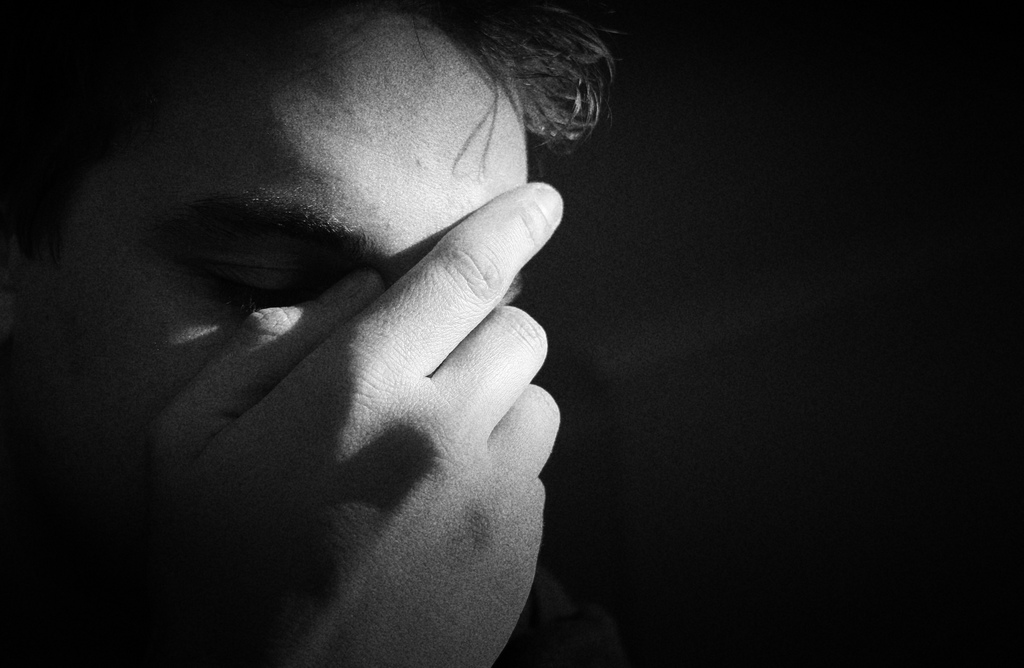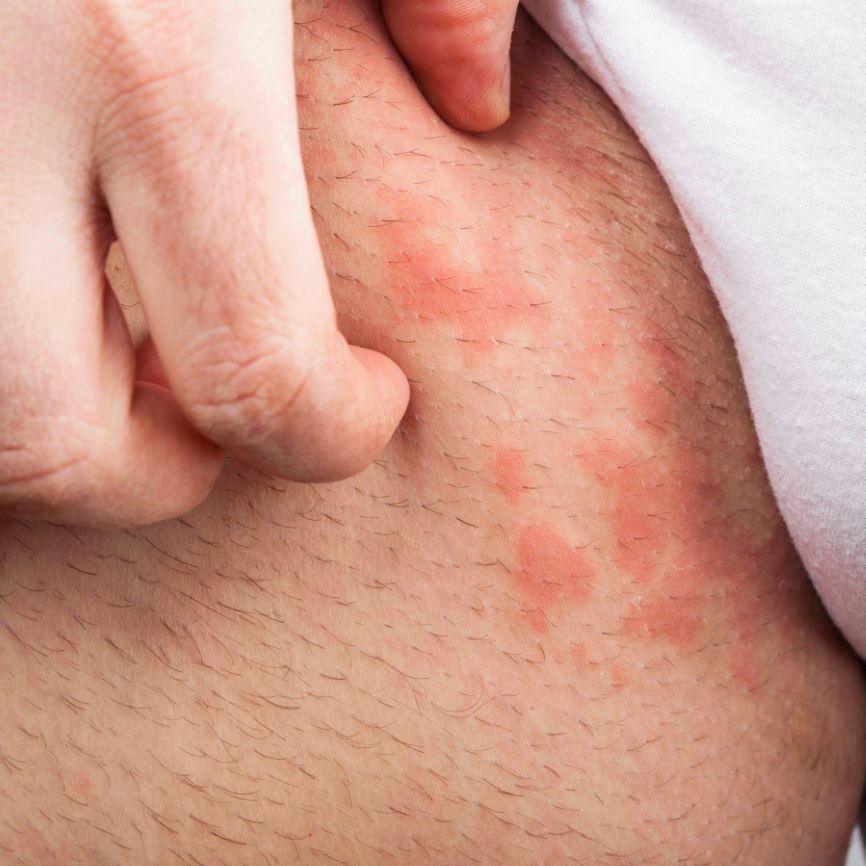Skin rash often occurs on part of our body, there are many reasons why we have skin rash, Such as psoriasis, eczema, atopic dermatitis, shingles, hives, heat rash, allergic reaction, etc. Among this, Psoriasis and eczema are the most likely causes of skin rash. Therefore, we need to distinguish what causes skin rash carefully, and take measures to relive it.
What is eczema and psoriasis and how it feel?
Understanding Psoriasis
Psoriasis is a chronic autoimmune condition with a thick patch of white scales that results in the overproduction of skin cells. The dead cells build up into silver scales.The skin is red and swollen, causing severe itching.There is no cure for psoriasis. However, some local, light – based and systematic drug treatments can help relieve the disease. The conditions are not infectious.If you have psoriasis, you may itch, but there’s something extra going on.Your skin may sting or burn.Some people say it’s like being bitten by a fire ant.
Understanding eczema
Eczema, or atopic dermatitis, may also be a long-term factor affecting the skin.It happens because of an allergic reaction.This causes the skin to overreact to certain triggers, such as dyes, fabrics, soap, animals and other irritants.Infants are very easy to get eczema. Skin may appear red, inflamed, peeling, cracked, blistered, or pus-filled. Generally speaking, it is not covered with scaly dead skin.As with psoriasis, dermatitis can occur anywhere on the body and causes intense itching. Most eczema can be cleared with topical treatment.Eczema causes an intense itch. It can get so bad that you scratch enough to make your skin bleed.
Eczema vs Psoriasis: What’s the difference?
What It Looks Like?
Eczema makes your skin red, swollen and inflamed.It may be scaly, oozy, or hard shell.You may see rough, tough patches, sometimes dark.It can also cause swelling.
There is something similar in the course of psoriasis.You may have red patches.They may be silver, scaly – and raised high.But if you look closely, the skin is thicker and more prone to inflammation than eczema.
Where It Shows Up?
Eczema often occurs in certain parts of your body, like your inner elbow or behind your knees, even on your neck, wrists, and ankles. Babies sometimes get it on their chin, cheeks, scalp, chest, back, arms, and legs.Psoriasis often shows up on places like your: Elbows, Knees, Scalp and face, Lower back, Palms of your hands, Soles of your feet. You may also have patches on other areas, such as: Fingernails and toenails, Mouth and lips, Eyelids, Ears, Skin folds.
What Triggers It?
Eczema is often brought on by things that are irritating to your skin, like: Soaps, Detergents, Disinfectants, Juices from produce or meats. Things that cause allergies can also lead to eczema, like: Dust, Pets, Pollen, Mold, Dandruff, Some foods. Infections can start up eczema, and so can stress, sweating, heat and humidity, and changes in your hormones.Psoriasis shares some of these triggers, like stress and infection. But you can also get flare-ups when your skin is injured, for example by: Vaccination, Sunburn, Scratches. Some medications can also bring on a psoriasis flare, like lithium, which treats bipolar disorder, or drugs for malaria.
How to relive?
Often, dermatologists start treatment with topical corticosteroid creams.If that’s not enough, many doctors prescribe a light therapy. If neither treatment improves psoriasis, many dermatologists may start taking drugs.These drugs are the last step in most treatment programs. Eczema is often treated with topical corticosteroid ointment.In some cases, doctors may recommend the use of non-local creams.Other eczema cases may require antibiotic ointment or prescription oral medication.
Some barrier creams may also help protect skin from irritation and infection, allowing it to heal.



